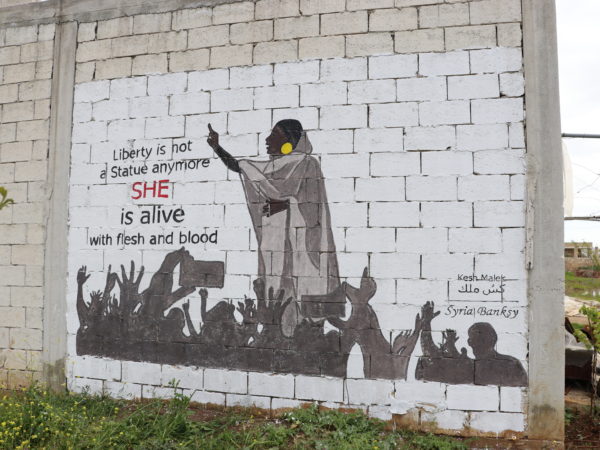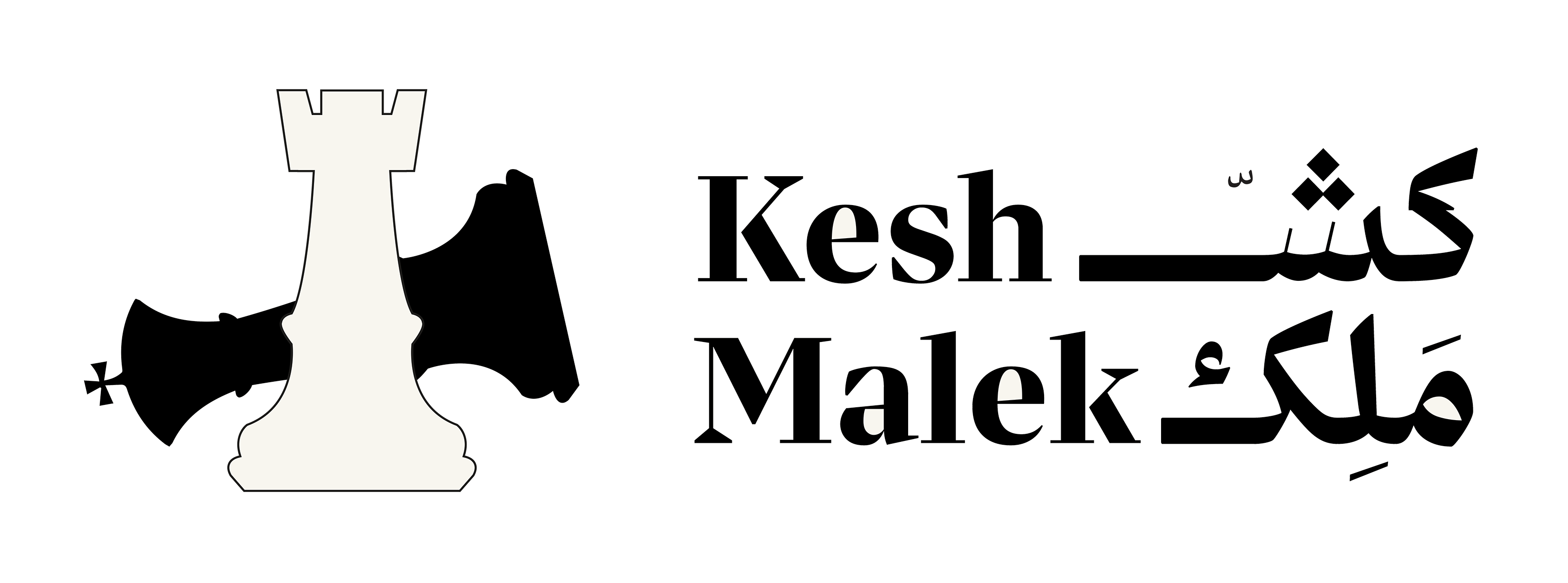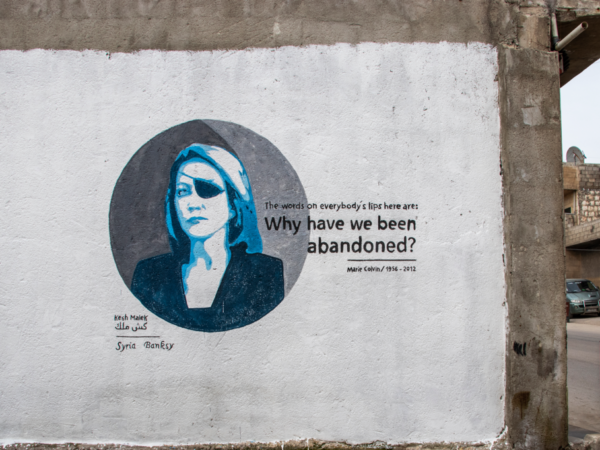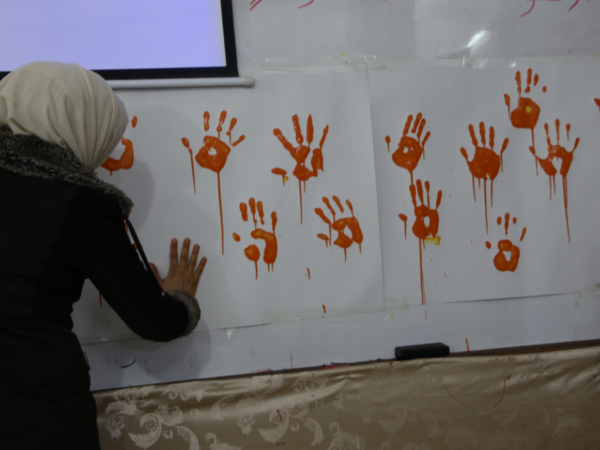
Gender Equity and Woman's Rights
Kesh Malek believes that no genuine change could happen in Syria unless women took leadership roles in all communities and decision-making levels, so that their voices were equally represented. A simple look at the structures of the majority of public or private Syrian institutions shows that women are under-represented in these institutions, and their presence becomes scarcer when going up in the hierarchy of these institutions. Kesh Malek believes that this is a result of many different factors including social norms, male-oriented environment, and workplace policies and practices that are unfair to and discriminatory against women.
Kesh Malek takes an approach of, “show, don’t just tell” in promoting change. It’s not enough to tell the community that women and men are equal in their capabilities; rather, we show it in practice by opening opportunities for women to demonstrate these capabilities with their men counterparts.
Equity or Equality?
Reaching gender equality is the ultimate goal that Kesh Malek aims to reach. But in order to reach the equality, we believe that positive discrimination favoring marginalized groups, including women, is needed in order to fill gaps in knowledge, representation, and related policies and overcome the social barriers hindering equality between men and women. Therefore, we focus on the following objectives:
- Empowering women to take leadership positions on economic, social, and civic domains
- Countering gender discrimination in all aspects and promoting gender equity
- Raising community awareness of women rights
- Amplifying women’s voices
The Program
Women Citizens’ Club
The Women Citizens’ Club is a civic empowerment program, which aims to encourage women’s involvement and participation in civil affairs. The clubs are designed to serve as spaces for women to gather and debate issues they prioritize, ranging from challenges they are facing in their daily lives, to any development related to the Syrian political process. At the same time, the clubs also serve as hubs to mainstream gender equality and spread civic awareness and increase women’s’ familiarity and knowledge about democracy, citizenship, women’s rights, gender equality, elections, constitution, human rights, and other bases of civil community.
Kafwe Project
Kafwe (an Arabic word meaning ‘skilled’ or ‘capable’) is an economic empowerment program aiming to support Syrian women to reach decision-making positions and achieve equal representation in public and private sectors and different institutional levels. The program is designed to combine long-term skill development capacity building with practical experiences to provide the proper technical knowledge for women to take leadership roles and share equal responsibilities with their male counterparts in rebuilding the future Syria. This project also tackles professions and sectors in which women are not expected or accepted, as this is one of the main social hindrances women face while trying to access some work domains, like accounting for instance. The capacity-building programs are built and updated according to the needs and situations in the targeted areas of Syria, with a main focus on increasing professional, technical, and interpersonal skills. Some of Kafwe domains, Educational Supervision, Research & Data Management, Management Basics & Project Management, Accounting Basics, and C.V. writing and successful job interview training
Raeedat Center
Raedat (an Arabic word meaning ‘women pioneers’) is a social empowerment program that aims to support women to be in community leading positions, including governance bodies, civil society, and national institutions to improve women’s social representation on the local and national level. The long-term program focuses on women who are interested but not necessarily experienced in public affairs, and works with them to improve their capacities to occupy leading high-profile community roles. The program covers training in different sectors, including but not limited to: management and leadership skills, finance management, human resources, monitoring and evaluation, communications skills, English, computer skills, with a focus on topics like gender, human rights, nonviolent activism, and governance.
Promoting Women’s Rights
Under this component, we use social media and other advocacy tools to promote women’s rights, and counter gender discrimination in its different aspects, aiming to change existing social norms, barriers, and behaviors which hinder achieving gender equality in Syria.



